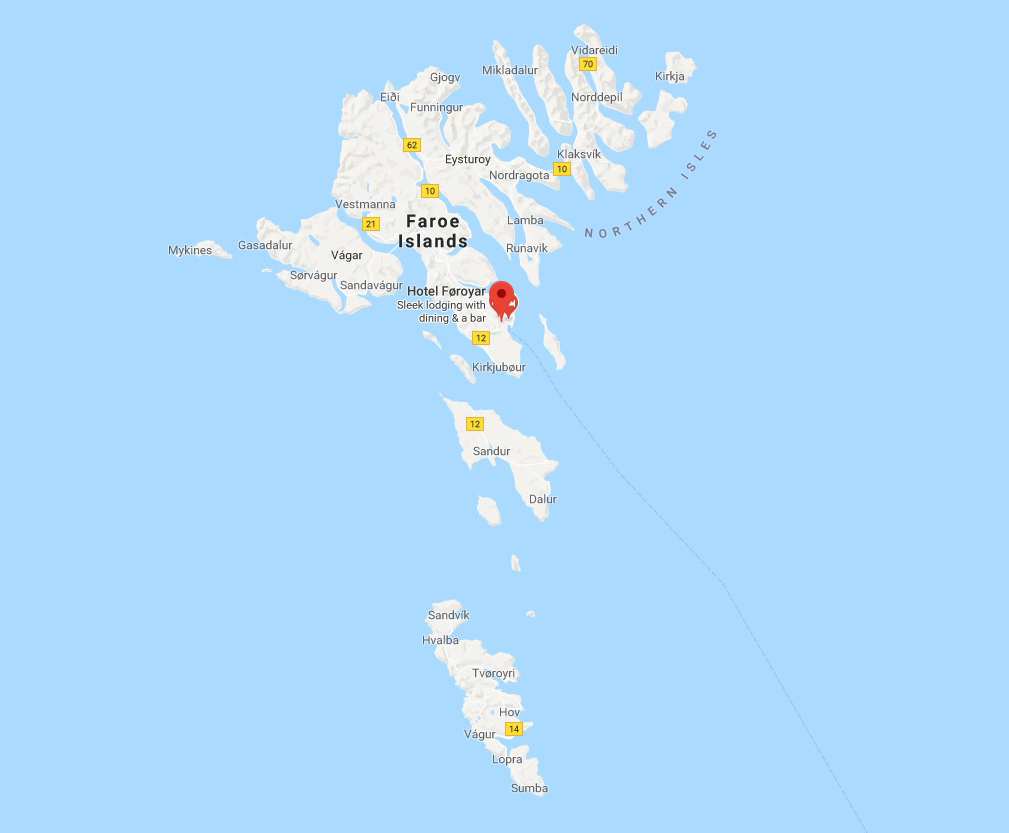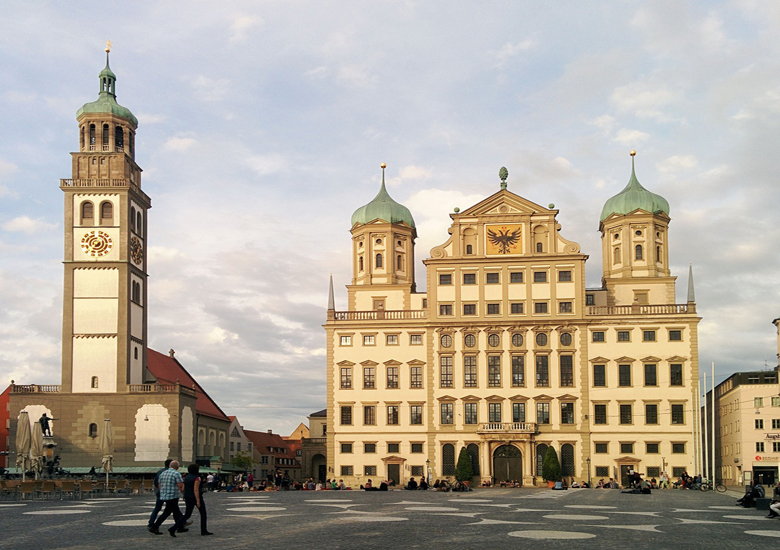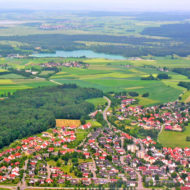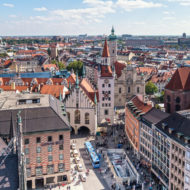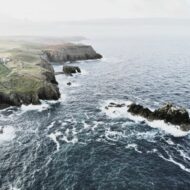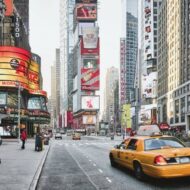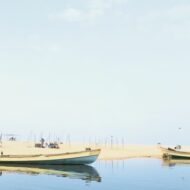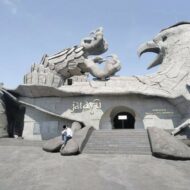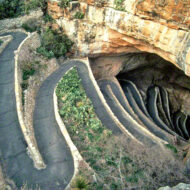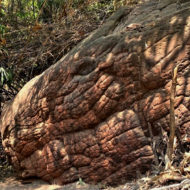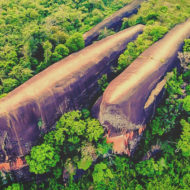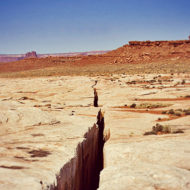Augsburg A is a city in Swabia, Bavaria, Germany. It is a university town and regional seat of the Regierungsbezirk Schwaben.
Augsburg is an urban district and home to the institutions of the Landkreis Augsburg. It is the third-largest city in Bavaria (after Munich and Nuremberg) with a population of 300,000 inhabitants, with 885,000 in its metropolitan area. After Neuss and Trier,
Augsburg is Germany’s third oldest city, founded in 15 BC by the Romans as Augusta Vindelicorum, named after the Roman emperor Augustus. It was a Free Imperial City from 1276 to 1803 and the home of the patrician Fugger and Welser families that dominated European banking in the 16th century. The city played a leading role in the Reformation as the site of the 1530 Augsburg Confession and 1555 Peace of Augsburg. The Fuggerei, the oldest social housing complex in the world, was founded in 1513 by Jakob Fugger.
Geography : Augsburg lies at the convergence of the Alpine rivers Lech and Wertach and on the Singold. The oldest part of the city and the southern quarters are on the northern foothills of a high terrace, which emerged between the steep rim of the hills of Friedberg in the east and the high hills of the west. In the south extends the Lechfeld, an outwash plain of the post ice age between the rivers Lech and Wertach, where rare primeval landscapes were preserved. The Augsburg city forest and the Lech valley heaths today rank among the most species-rich middle European habitats.
On Augsburg borders the nature park Augsburg Western Woods – a large forestland. The city itself is also heavily greened. As a result, in 1997 Augsburg was the first German city to win the Europe-wide contest Entente Florale for Europe’s greenest and most livable city.
Access : Coordinates: 48.366667, 10.9 / By train : 1 Augsburg Central Train Station (Hauptbahnhof). Augsburg is connected to Germany’s efficient train system, however the fact that the line via Ingolstadt is faster means that only a fraction of the ICEs departing Munich stop here. Still there are options to pretty much the rest of Germany or you can double back via Munich if it better aligns with your departure times or you get a cheap ticket.
At least once per hour a Regionalbahn train leaves from Munich’s Hauptbahnhof (Main Train Station) towards Augsburg. The ride last about 50 min. Regional trains between Augsburg and Munich always have “Fugger Express” written on them, this is important for finding the right ones. They usually continue in the direction of Ulm or Donauworth after Augsburg Central Station. So make sure to get out as soon as you see “Augsburg Hauptbahnhof” as the next station. These regional trains usually run twice every hour.
For fans of scenic trains going to Augsburg from Munich, it is recommended to take Munich`s S4 to the end station – Geltendorf. From here, you can get the BRB to Augsburg Central Station, with very nice landscapes between Geltendorf and Mering. But note, that this train (Geltendorf-Augsburg) usually only runs once per hour and this takes longer than directly going from Munich. So you might have to spend time in Geltendorf, which is really a small village with not much to do. At least, there is an Ihle bakery next to the train station and you can for a walk to the Sankt Ottilien monastery. Here, you get a feeling how Bavaria is very far away from usual tourist routes. On a nice day though, it`s absolutely worth doing this trip. Of course, both trains here can also be used with Bayernticket. Parts of the S-train between Buchenau and Geltendorf go right through the forest, so they can be scenic too.
By plane : Augsburg is most easily reached via train from Munich Airport. You will first need to take the S-Bahn S1 or S8 to Munchen Hauptbahnhof (Munich main train station), a 45 min ride, before you can catch a train to Augsburg. Plan at least 2h in total from Munich Airport to Augsburg (as you can see taking a bus or private transfer will be much faster). It is best to purchase a Bayern-Ticket (Bavaria Ticket) from one of the ticket machines located in the train station. A Bayern-Ticket allows one (along with up to four other friends) to travel within Bavaria using all regional trains (no InterCity Express) and city transportation (trams, buses, etc.). It is valid from 09:00 (on weekdays) or from 00:00 (on weekends) to 03:00 the following day. The Bayern-Ticket costs €25 for one person, and €6 for each additional person (maximum of 4 additional people). You can also use a Bayern-Ticket Nacht (Bavaria Night Ticket), which is valid Sunday to Thursday from 18:00 to 06:00 the next day, and Friday to Saturday, from 18:00 until 07:00 the next day. It costs €23-35 if you book online or at the ticket machine.
Other airports are in Stuttgart which is also connected by train, and Memmingen Airport connected by bus.2 Augsburg Airport. A general aviation airfield. By car : About 80 Km from Munich and 160Km from Stuttgart just south of the A8
Highlights :
- Town Hall, built in 1620 in Renaissance style with the Goldener Saal
Perlachturm, a bell tower built in 989 - Fuggerei, the oldest social housing estate in the world, inhabited since 1523
Fugger Palaces, restored renaissance palatial homes of the Fugger banking family
Bishop’s Residence, built about 1750 in order to replace the older bishop’s palace , today the administrative seat of Swabia
Cathedral, founded in the 9th century
St. Anne’s Church - Augsburg Synagogue, one of the few German synagogues to survive the war, now beautifully restored and open with a Jewish museum inside
- Augsburg textile and industry museum-or just tim, organises it displays under headings Mensch-Maschine-Muster-Mode.
- Schaezlerpalais, a Rococo mansion (1765) now housing a major art museum
St. Ulrich and St. Afra—one church is Roman Catholic, the other Lutheran, the duality being a result of the Peace of Augsburg concluded in 1555 between Catholics and Protestants - Mozart Haus Augsburg (where composer’s father Leopold Mozart was born and Mozart visited it several times)
- Augsburger Puppenkiste, a puppet theatre
Luther Stiege, museum located in a church, that shows Martin Luthers life and different rooms. (free admission) - Eiskanal, the world’s first artificial whitewater course (venue for the whitewater events of the 1972 Munich Olympics)
Dorint Hotel Tower
Childhood home of Bertolt Brecht - The Augsburg Botanical Gardens (Botanischer Garten Augsburg)
Maximillian Museum
Bahnpark Augsburg home of 29 historic locomotives, blacksmith, historic roundhouse
3 magnificent renaissance fountains, the Agustus Fountain, Mercury Fountain and Hercules Fountain from 15th century, build for the 1500 anniversary of city foundation
Walter Art Museum at the “Glas-Palace” - Roman Museum located in the former Monastery of St. Margaret (closed at the moment due to risk of collapsing). Renovation is taking place and the museum is expected to reopen in 2017.
- Medieval canals, used to run numerous industries, medieval arms production, silver art, sanitation and water pumping
Kulturhaus Abraxas
Activities : Augsburger Puppenkiste. Modern and classic fairy tales are played at the Augsburger Puppenkiste . The stars on strings are so endearing and the sets so elaborate that even non-German speakers (and non-kids) will enjoy a show. It’s often sold out make advance reservations or check with the tourist office for remaining tickets.
Altstadt. : Going on a walk in the narrow alleys of Augsburg`s historic district is highly recommended for visitors. You can find places with a very nice flair in here (Especially away from lively areas like Maxstra?e), that also are great spots for making photos of typical medieval European cities.The historic center is the 3rd largest in Germany behind only Hamburg and Cologne. Being in the city center, you won`t have it hard to find a tram stop after you get out.Especially nice, also because of the small park nearby, are the alleys between Ulrichsplatz and Rotes Tor.
Christkindlmarkt.
In Germany, Augsburg is known for having one of the biggest and most beautiful Christmas markets. It usually starts the last weekend in November and closes on 24th of December. Make sure to come to Rathausplatz and the surrounding areas hosting this market, if you come to Augsburg in December (Tram stop: Rathausplatz). Every Friday, Saturday and Sunday at 6 pm there is the famous Engelesspiel where 24 people dressed as angels appear in front of the town hall (Rathaus). Augsburg Christmas Market is specifically known for this act. Make sure to taste Gluhwein (spiced wine, boiled hot with fruits and cinnamon) on the Market, you might also take a bottle home as a souvenir. For food, there are many booths selling German fast food like Bratwurst – usually a bit expensive (concerning it is fast food and compared to their usual prices), but it tastes good.
Sports:
If spectating is your thing, you might want to go to a ice hockey match of Augsburger Panther or to a football (soccer) match of FC Augsburg. Both are currently in the first German league of their sport and the locals are very enthusiastic about their teams,This means, it is not easy to get tickets. Also, as they are not present on international level (like for example Bayern Munich) the online sales are only in German. The best way to get tickets might be just asking in the ticket store next to the town hall (here you can also get tickets for theater and concerts in town) or (football only) in FCA-Cafe in Bahnhofsstrasse. FCA-Cafe also serves coffee for 1 euro (very cheap!) and merchandising. The ice hockey stadium can be reached by tram 4 in the direction Augsburg Nord, get off at Bruntal. The soccer stadium, which is very far away from the center,also gets an own tram line on match days running from Konigsplatz. Look out for a tram that has a football on the screen that usually indicates the final station. You also get back after the game with those. If you don`t get a ticket, you might watch the game with locals in a sports bar like Elfer (under the section Drink), which has a similar atmosphere.
Cycling in the nearby forests :
In the summer it`s a nice idea to go on a cycling tour in the nearby forest ,Stadtwald” – , city forest”. Therefore, you should follow national road 300 direction Friedberg until the Lech river and then turn right. You will find yourself on a great cycling track next to the river with a forest on the right side. If you want to make it a longer tour, you can cycle all the way down to Mandichosee (approximately 7 km from the city center), a barrier lake of Lech River. In the summer, many people come here to relax and swim. If you are too lazy to ride back to Augsburg, you might just follow the street signs to ,,Bahnhof Mering Sankt Afra” and take a train (the Munich-Augsburg regional route stops here each 30 minutes as well as the Augsburg-Geltendorf and Augsburg-Mering BRB trains; so in total you won`t have to wait too long for a train to Augsburg here), the one-way fare for Augsburg main station is 3.70 euros for adults and 2.50 euros for children. Eating possibilities include Waldgaststatte Jagdhaus about midway between Mandichosee and Augsburg and Waldgaststatte Friedenau close to the Mandichosee. To find them, it`s best to look up for signs or ask locals. It is also recommended to take a lunch bag and have a break at some nice place along the Lech river.


